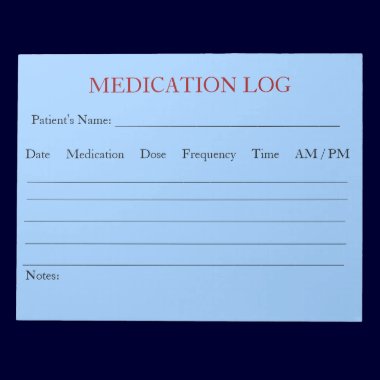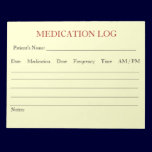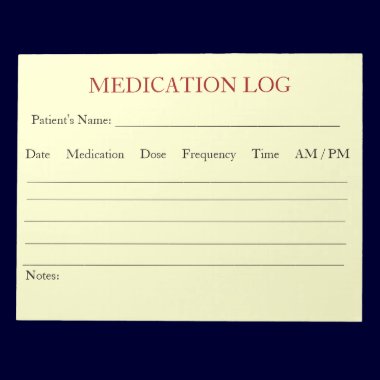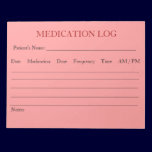Add delirium to the list of Things to Worry About. New research reminds caregivers to be especially wary of delirium if the person is already suffering cognitive impairment, such as Alzheimer's disease. Turns out that Alzheimer's patients who develop delirium are significantly more likely to experience an accelerated cognitive decline than people with Alzheimer's who escape delirium, reports today's issue of Neurology.
Delirium – a sudden change in brain function, which appears as confusion and disorientation – can affect anybody following surgery, infection (especially urinary tract infections), or as a side effect of certain drugs or conditions (such as dehydration). But it's most common in those over 65 who are hospitalized, especially if they have dementia. In fact, delirium may affect as many as 89 percent of hospital patients with Alzheimer's. (Having Alzheimer's puts a person at increased risk for delirium.)
All of which explains why the new long-term study makes a recap of this misunderstood condition worth highlighting.
To watch for delirium
-
Learn the symptoms of delirium. People with delirium may not seem to
know where they are. They have trouble focusing attention, seem confused,
remember poorly, act agitated, and may struggle for the right words – same
symptoms as dementia. Symptoms can also alternately intensify and fade during
the day.
-
Know how delirium is different from dementia. Timing is the key
difference: Delirium symptoms come on suddenly, in a matter of hours or days. So
if you see marked, quick worsening of dementia – more confusion, for example –
don't just chalk it up to the pre-existing problem.
-
Know what to expect in outcome. Unlike dementia, delirium is
reversible, especially when the factor causing it (such as an infection, a drug,
or dehydration) is removed. But in people who already have dementia and develop
delirium, cognitive declines seem to accelerate. In the new study, the disease
progressed three times faster than in Alzheimer's patients who hadn't had the
setback of delirium. So, for example, someone might decline mentally as much in
12 months as he might otherwise have done over 18 months. (Alzheimer's
progresses at highly individual rates, so this is just an example the
researchers give, but they're pretty clear on the general trend.)
- Know how delirium is different from stress. Fear and pain can lead people to act strangely in stressful settings like the ER, the ICU, a nursing home, or a rehab or hospital bed. But when the things they're saying are really uncharacteristic – worries about murder, a calm person flailing about -- suspect delirium.
To prevent delirium
Scientists still aren't sure of the best way to prevent delirium because its cause isn't fully understood. Some things that seem to help in a hospital setting:
-
Keep reminding the person where he is and why. You may need to do
this as often as every few minutes for someone with moderate Alzheimer's. It's a
hassle for you but reassuring to him.
-
Safeguard sleep.Frequent disruptions (such as to take vital signs)
add to disorientation.
-
Create a setting of calm. No, you can’t redesign a hospital or rehab
room. But plants or a favorite blanket or photo from home can help. So can
minimizing visitors and stress, playing music if allowed, and keeping things
soothingly quiet. Your very presence helps!
-
Don't forget glasses and hearing aids. If the person usually has
them, they'll help with orientation. Especially after surgery, these devices can
fall off staff radar.
- Make sure the person is adequately medicated. Although certain meds can trigger delirium, and excessive unnecessary medication is seldom a good thing, it's also true that untreated pain can cause delirium.
In the event of delirium
-
Make sure the attending doctor is aware of a change in mental status
ASAP. Don't wait and see. Don't accept being brushed off with "But he
already has Alzheimer's."
-
Ask about pain
medication. Many gerontologists believe pain is under-treated in the
hospitalized elderly who have dementia because they're sometimes incapable of
accurately reporting their pain. If you sense discomfort, be persistent about
getting it treated.
- Fill in the blanks as best you can. You may know best how the person's mental status compares with how it was before (especially if there's no record of cognitive evaluations). Be prepared to answer questions about this, medication use, eating and drinking habits, recent fevers, or anything else that can help a physician verify and, hopefully, treat the problem, and keep the person safe.
____________________________
 |  |
Health Management Aids
$16.00 - Sleep Journal











No comments:
Post a Comment